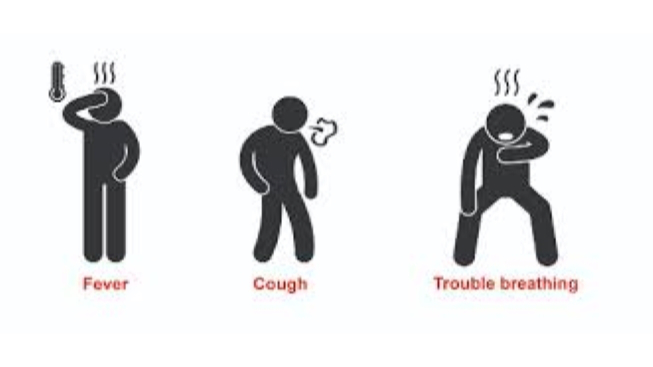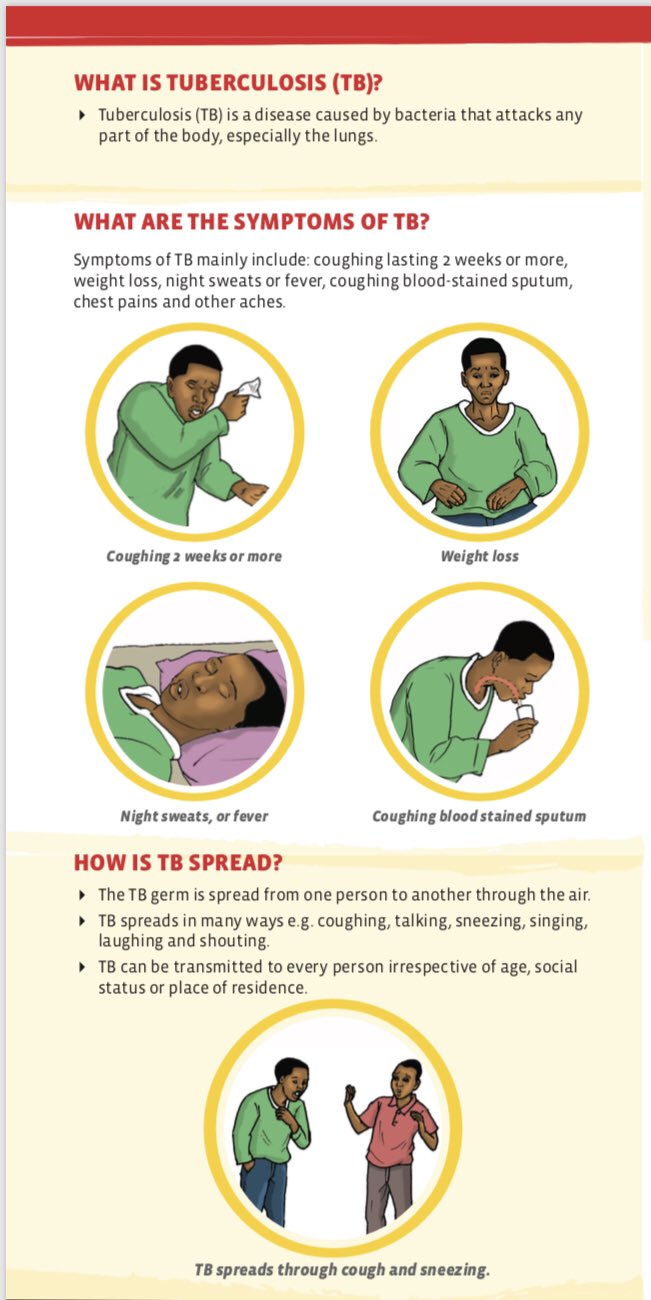Chronic obstructive pulmonary disease copd Chronic obstructive pulmonary disease COPD is a progressive inflammation of the lungs that makes breathing difficult. Muscle or body aches.
 Patients With An Upcoming Appointment Capital Womens Care Division 38
Patients With An Upcoming Appointment Capital Womens Care Division 38
Pneumonitis is any inflammation of the lung and causes trouble breathing cough and fever.

Cough difficulty breathing. Symptoms may take years to develop. Cancers that may cause these symptoms include Kaposi sarcoma non-Hodgkin lymphoma and lung cancer. Pulmonary embolism A pulmonary embolism a blood clot lodged in the lung causes shortness of breath.
Symptoms may take years to develop and may come and go. Read more about coronavirus or use our Coronavirus Risk Assessment to check your risk. Difficulty breathing is a common complaint and a tough diagnostic challenge and there are some serious causes to be aware of.
There is no specific treatment but immunosuppressant drugs and anti-inflammatory drugs may be prescribed. COPD makes breathing difficult. Chronic obstructive pulmonary disease COPD is an obstruction of the airways of the lungs and a breakdown of the air sacs of the lungs.
New loss of taste or smell. All of which are relatively simple and cheap problems to try to self-treat. Most cases of croup resolve within a week.
Shortness of breath or difficulty breathing. They may even have normal lung functions tests. Both bacteria and viruses can cause pneumonia.
Cough with Difficulty Breathing visage This isnt a question at this point but since google turned up a discussion at this site that helped diagnose my problem the various doctors I saw were stumped I figured I would put up a post describing my symptoms and whats wrong with me in hopes of helping others in the same situation. It is caused by long-term exposure to smoke usually from cigarette smoking according to the American Lung Society. The primary symptom is shortness of breath.
The symptoms of many conditions include difficulty breathing which can be mild or severe. Other symptoms may include dry cough fatigue muscle pain fingernail clubbing joint pain and bluish lips nails and skin according to MedlinePlus. Emphysema is a chronic lung condition that causes shortness of breath a chronic cough wheezing and more.
If you have a new or ongoing cough a high temperature fever or youve noticed a change in your sense of smell or taste you may have coronavirus COVID-19. Some asthma sufferers have chronic cough as their only symptom. Pneumonia is an infection of the lungs.
This often occurs at night with the first and second nights of coughing usually the worst. Breathing difficulties can result from the frequent coughing. Asthma is a disease of the airways resulting in difficulty breathing or wheezing often characterized by abnormal breathing tests.
However almost all non-severe cases are probably caused by minor muscle knots trigger points respiratory dysfunction andor anxiety. A child with cough or difficult breathing may have pneumonia or another severe respiratory infection. In developing countries pneumonia is often due to bacteria.
It is caused by long-term exposure to irritating gases andor dust particles most often cigarette smoke. A person who is having difficulty breathing feels short of breath has trouble inhaling or exhaling or.
/GettyImages-142019450-570ed7765f9b581408956738.jpg)



